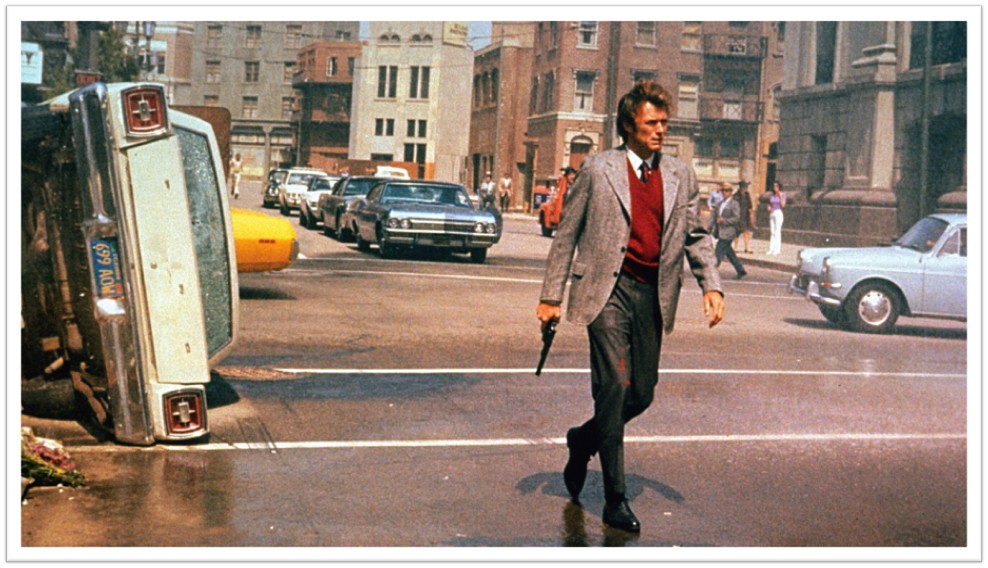In a controversial online statement, hardline chalkface veterans are calling for more radical methods to be introduced in schools, in order to manage (sic) the growing anti-social and disruptive behaviour commonly plaguing UK classrooms and playing havoc with their lesson plans.
“People’s attitudes to education simply need to change. We are expected to pander to the whims and fancies of the rising number of argumentative, whiny dolts, who now swell the ranks of the national student body. They are incapable of engaging in anything that challenges or doesn’t interest them”, an unnamed professional lamented.
The radicals are advocating institutions adapt the no-nonsense methods maverick cop, Inspector (Dirty) Harry Callahan used to tame the lawless streets of 1970s San Francisco. They believe that ruthlessly removing pupils of poor character would establish clear boundaries that more easily-led students would be reluctant to cross, which would obviously be for the greater good in the long run.
They claimed that whilst the idea had generally been met with outrage from namby-pamby principals and senior management teams, it was definitely gaining traction in disgruntled staffrooms across the country.

A glimpse of the future? Harry leaves the scene having cleaned up “a bit of low-level disruption” in a 9C3 French class.
Sporting a fetching pair of rose-tinted spectacles, an anonymous senior leader from an OFSTED rated ‘good’ school somewhere in the East Midlands, and which incidentally, is about to join a newly formed MAT (multi-academy trust), balked at the idea.
“Listen, kids will be kids. Sure, there’s the odd bad ‘un amongst them, but most can usually be got onside with a bit of gentle coaxing and the promise of a time out pass, which they can use if they feel they are about to go off on one.”
The 30-year-old SLT member continued matter-of-factly: “Some colleagues really need to get a grip of themselves and accept it’s just bantz.” He then stressed the importance of engaging with more complex classroom characters on their level, and meeting everyone’s needs without hurting feelings, of course.
He further recommended that knowledge acquisition facilitators should adopt the mantra “Sorry, my bad”, to restore students’ trust in them, especially if youngsters become agitated or distressed when a member of staff challenges their behaviour, asks them to do something, or is perceived to have spoken to them in a mean tone.
Be First to Comment